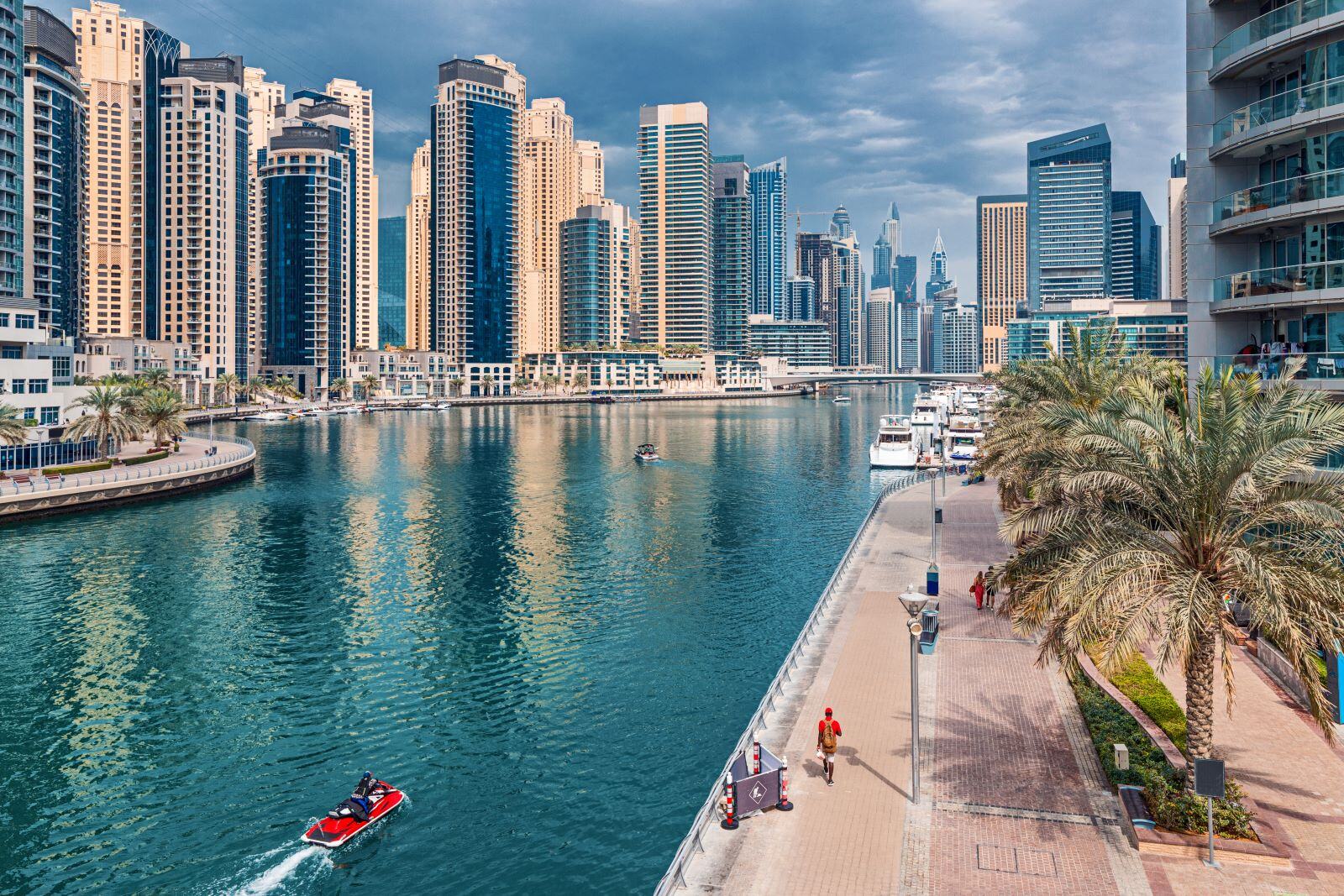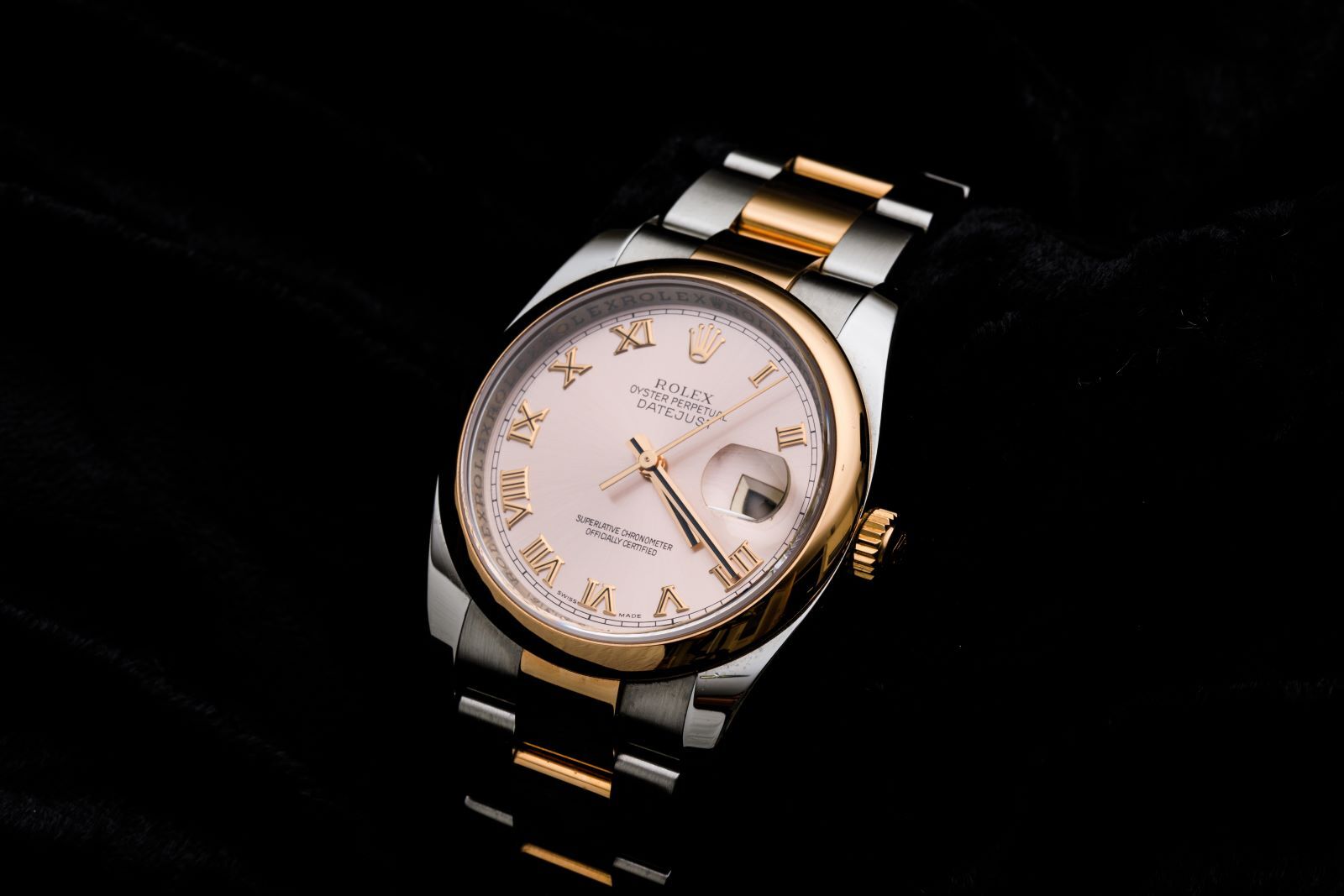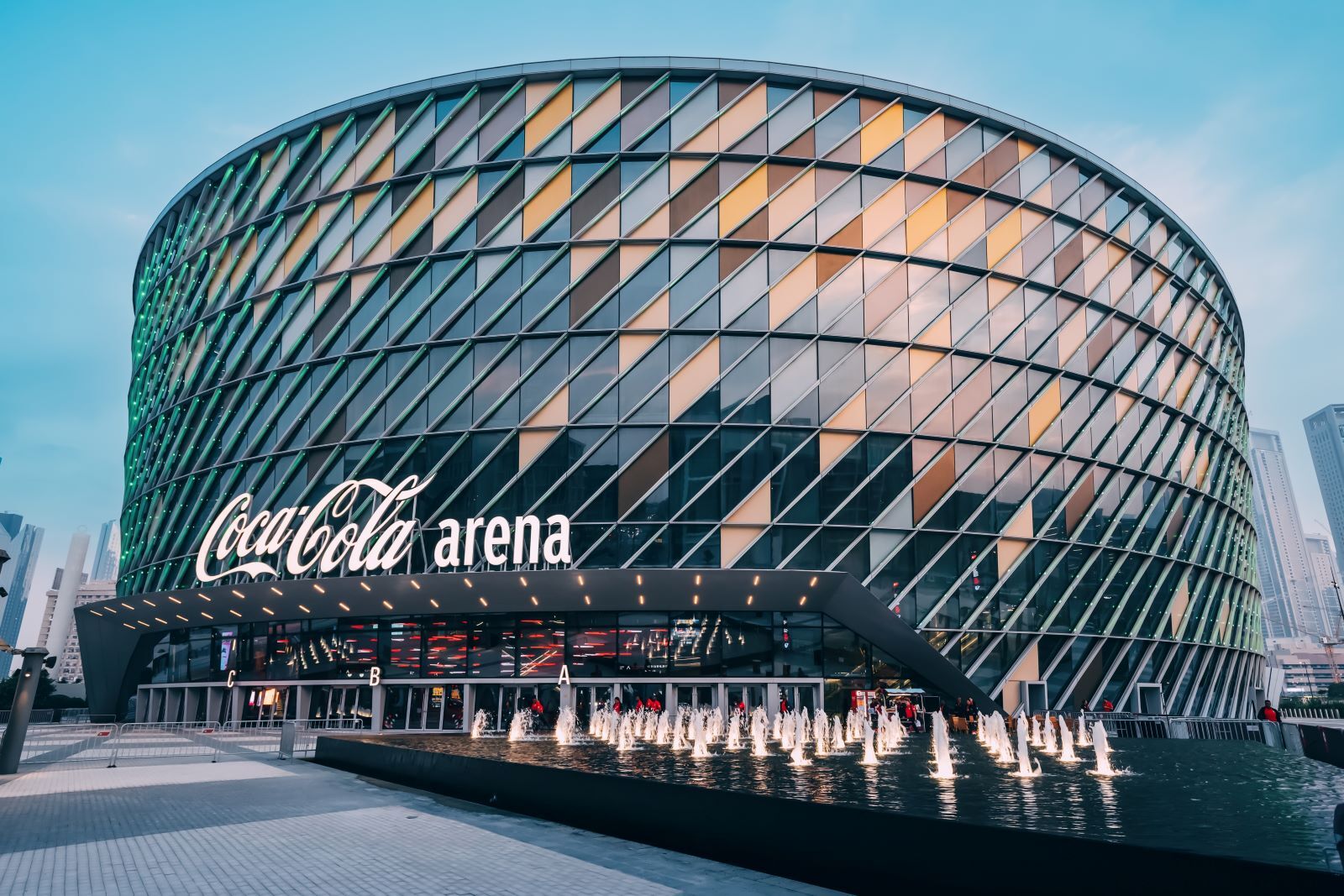Can foreigners buy property in Dubai: An Overview
Published: 02 August 2024
Dubai is the world’s busiest luxury real estate market and it is largely driven by foreign buyers, including expat residents who are seeking a long-term home in the city, HNWI and UHNWI buyers who want a vacation home for occasional use, and investors looking to acquire a high-value asset. Buying a property in Dubai as a foreign national involves a fairly straightforward process and Dubai Sotheby’s International Realty’s dedicated buying guides cover the entire procedure from start to finish. But before you begin your property search, it’s a good idea to understand the general rules and regulations that govern the sale of property in Dubai.

Foreign Property Ownership in Dubai
Historically, only UAE nationals and nationals of other GCC countries (Bahrain, Kuwait, Oman, Qatar, and Saudi Arabia) have been able to purchase property in Dubai. This changed in the early 2000s with the introduction of freehold areas, which allowed expats and non-residents to have full property ownership, a move that transformed the real estate market. Over the past two decades, the city has expanded to include more freehold areas, providing a wealth of opportunities for foreign nationals who want to purchase property in Dubai.
What is a Freehold Area?
The property landscape in Dubai can be divided into two different categories – freehold and leasehold.
Anyone can purchase a property in a freehold area, whether they are UAE nationals or expatriates. They will have full ownership of the property and the rights to the land, with the ability to modify either with the right government approvals. Arabian Ranches and Emirates Living, two very popular villa communities, were among the first freehold areas in the city.
Other well-known areas include Emirates Hills, Palm Jumeirah, Downtown Dubai, Dubai Marina, and Jumeirah Islands. For the most part, properties that are advertised internationally are freehold properties.
Leasehold areas are designated specifically for nationals of the UAE and other GCC countries. They can have full ownership of properties in these areas, while foreign nationals can lease property for a maximum period of 99 years. An expat will have rights to use the property but will not have any ownership of the land, and any modifications or renovations to the property will require approval from the landowner first. Some of Dubai’s historic areas like Al Wasl, Al Bastikhiya, and Mirdif are leasehold areas.
Primary and Secondary Market Properties
As with every major global city, Dubai has its own primary and secondary real estate market. The primary market, more commonly known as the off-plan market in the local industry, refers to properties that are sold directly by a property developer.
Homes on the primary market are part of a development project that is in the process of being built. Typically, they go up for sale prior to the start of construction, though in certain cases a developer may refrain from promoting a project for sale until it is close to completion.
For the most part, properties on the primary market tend to be for investment purposes. A buyer would purchase the property and hold on to the asset in order to generate investment returns, either through rental income after the property is completed and ready for occupancy, or through capital appreciation over time. Dubai does have a significant luxury primary market as well, where properties are purchased for residential purposes and buyers are willing to wait until construction is done. A lot of foreign nationals and non-residents tend to buy on the primary market, with the aim of investing in Dubai or securing a home for future use.
The secondary market comprises ready homes that are sold by property owners. This segment of the market is mainly for buyers who are seeking a home that they can start living in right away. Investment properties can also be purchased on the secondary market, but prices tend to be higher than they would be on the primary market due to capital appreciation.
Obtaining Residency in the UAE Via Property Ownership
One of the many benefits of buying property in Dubai is that it makes foreign buyers eligible for a residency visa. There are two main categories of residency that can be obtained through property ownership, depending on the value of the property (or properties).
- Property Investor Visa: This is a 2-year renewable visa that can be obtained on purchasing a property with a minimum value of AED 750,000
- Golden Investor Visa: This is a 5-year renewable visa that can be obtained on purchasing a property with a minimum value of AED 2,000,000
Know your Property Goals
Are you planning to invest in Dubai’s property market, or are you looking for a home in the city? Your requirements will determine what sort of properties you will view, and which areas of the city are most suitable to meet your goals.
It is strongly recommended that you reach out to a trusted real estate agency to assist with your property search. There are several well-known international brands operating in the city, such as the Dubai outpost of Sotheby’s International Realty, along with many local real estate agencies.
Your broker will help you find the right property, will engage in negotiations with the seller on your behalf, and will help you with the paperwork and processes involved in closing the sale.
Perform Your Due Diligence
Dubai’s real estate market is governed by the Dubai Land Department (DLD) and its regulatory arm RERA (Real Estate Regulatory Authority). Every real estate agent in Dubai has to be certified by RERA, with a valid license and a BRN (Broker Registration Number) in order to legally conduct transactions. Every property for sale in Dubai also needs a marketing permit to be issued by RERA. Without the proper authorizations from RERA, you cannot have a legitimate real estate transaction in Dubai. Ensure that your broker has a BRN and is only presenting you properties that have legal marketing permits.
Financial Considerations
Before purchasing a property, you should be aware of the associated costs and financial regulations involved. These include:
- Property Costs: Beyond the purchase price, buyers need to budget for additional costs such as DLD registration fees, service charges, maintenance fees, and real estate agent commissions.
- Mortgages: It is relatively simple to obtain a mortgage as a foreign property buyer in Dubai. You will need to have proper documentation for your finances but also be prepared for any additional documents the bank may require.
- Taxation: Dubai does not impose property taxes, which is a significant advantage for investors. However, buyers should still consider other potential costs, such as transfer fees and potential rental income taxes in their home countries.
- AML: Dubai’s financial authorities are extremely strict about anti-money laundering (AML) compliance to ensure that all financial dealings in the city are above board. Your real estate agent may request documentation from you as part of the AML compliance. The transaction cannot proceed until that requirement is met.
Final Thoughts
Dubai’s real estate market offers exciting opportunities for foreign buyers, with a vast selection of luxury property options available in freehold areas across the city. The market offers very attractive yields for investors, and residency options that make it an ideal choice for a long-term home.
The process of purchasing property in Dubai is fairly uncomplicated, but do work with a reliable specialist to guide you through the nuances of it so you can attain your real estate goals.



